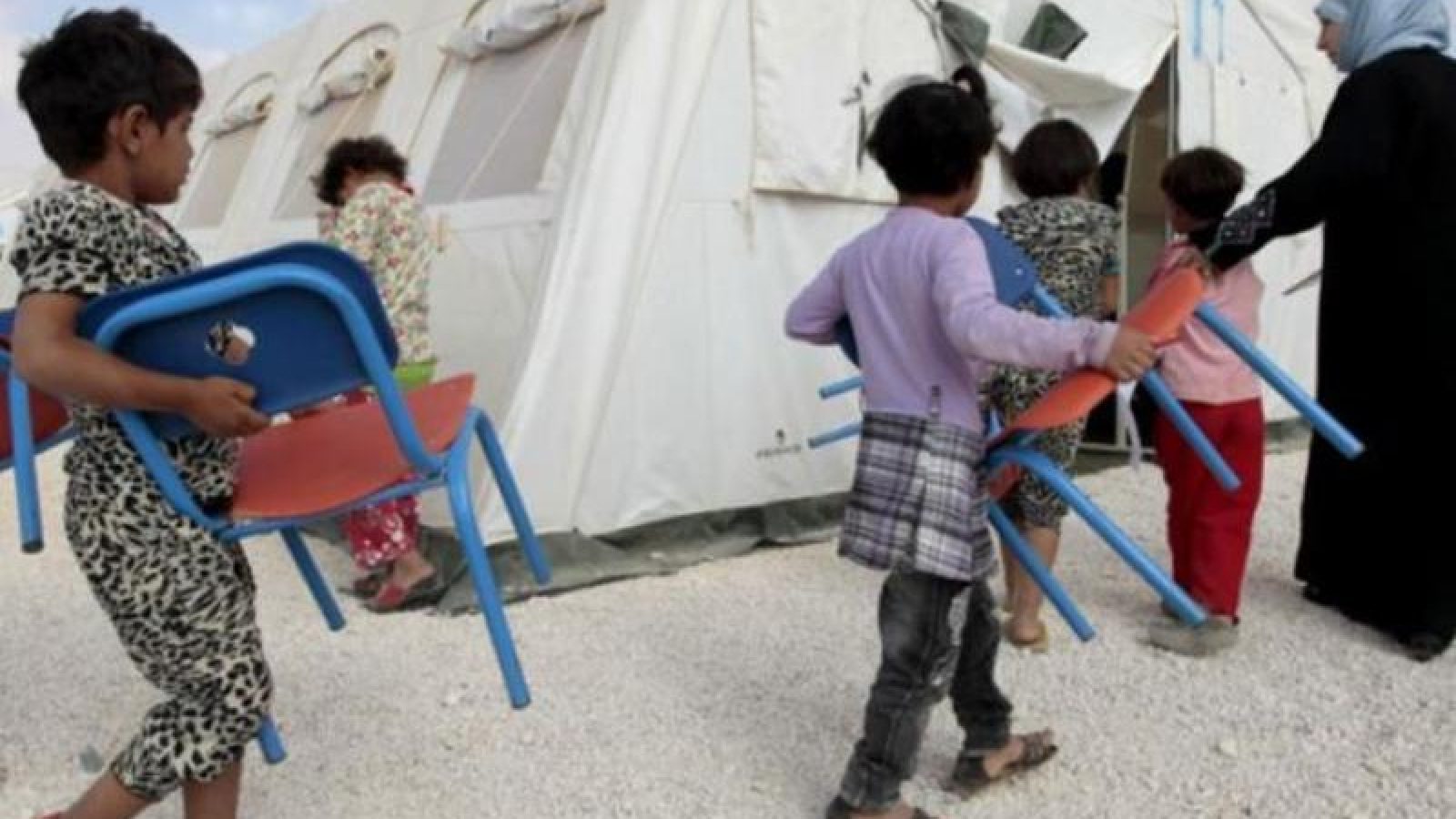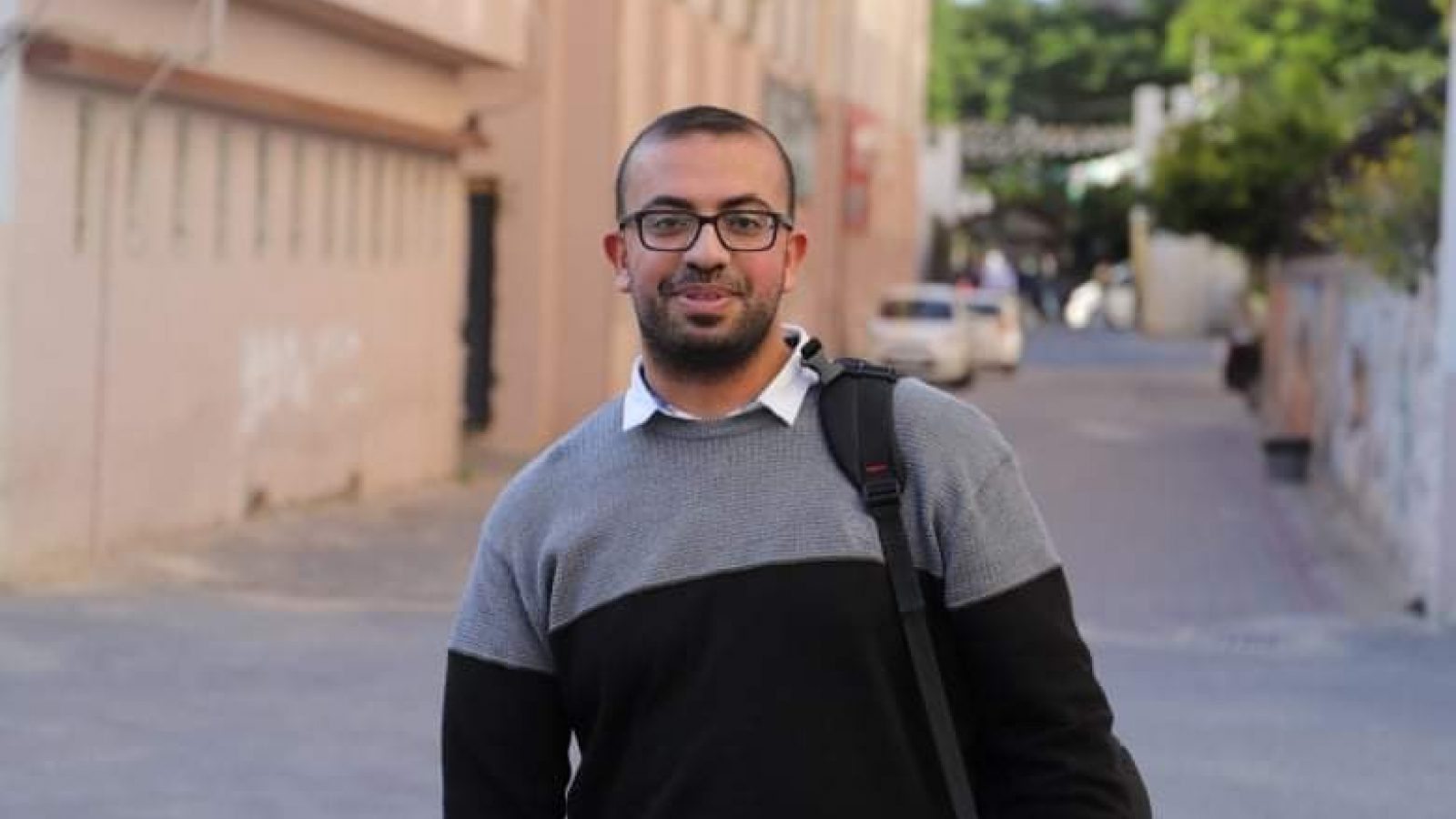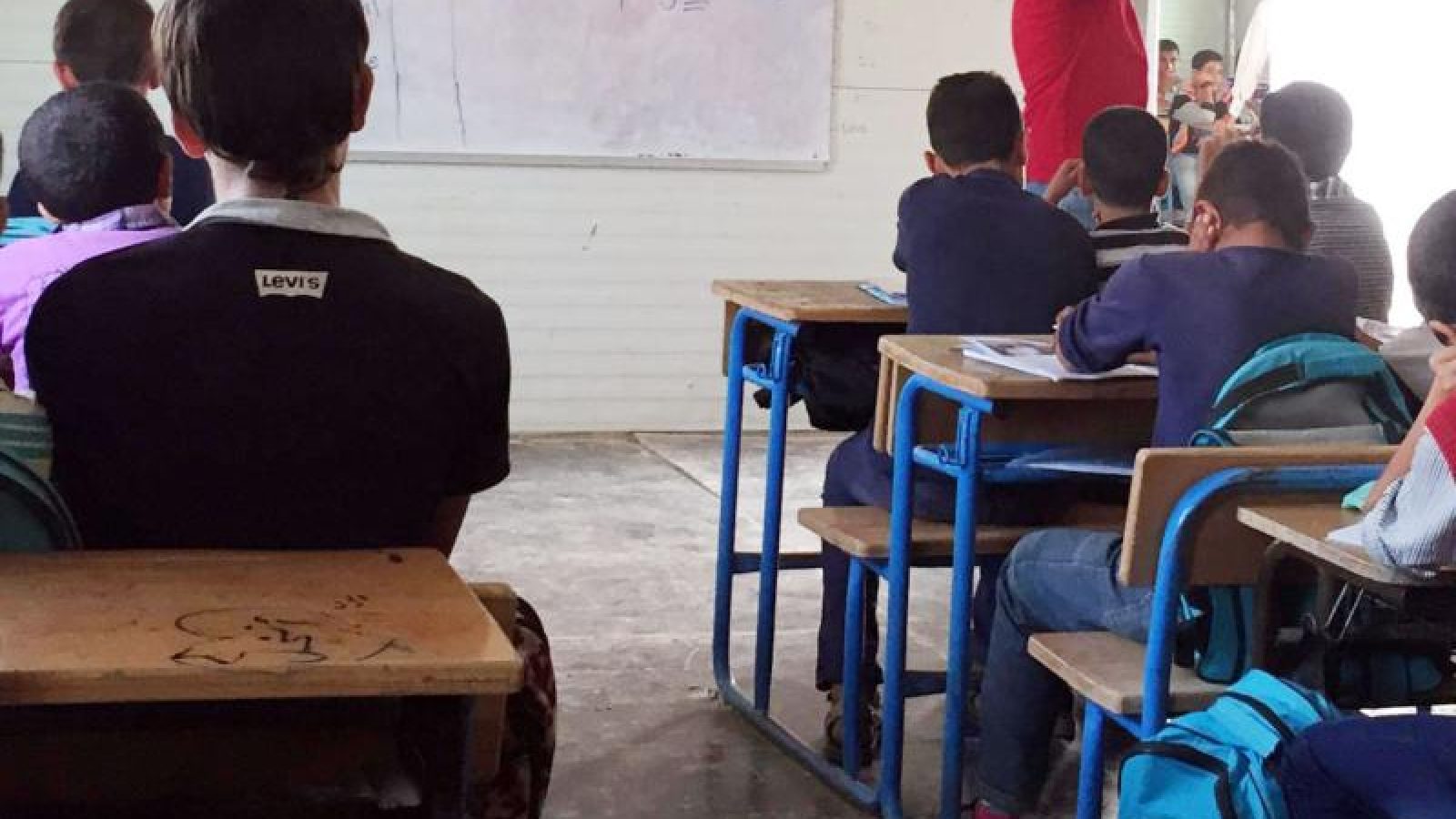Education: a safe yet inaccessible refuge?
“When I see a 13-year-old child who cannot read or write, I feel a sense of guilt and responsibility towards them”, says Ahmad Al-Deery, a 55 year-old Syrian refugee in Jordan who turned a small caravan into a mobile school to teach 39 students inside the camp. This was one of the stories covered by journalists who participated in Journalism and Mobile journalism training courses in Amman, through the EU co-funded program Qudra 2, to highlight the core issues which Syrian refugees face, including education.
Education is a basic right for every child around the world. It is also a safe haven for those who are oppressed. However, for thousands of young Syrians, having had to flee their country with their families, school is a “luxury” that they cannot afford. The statistics are distressing: the percentage of young Syrians who drop out increases with age to reach one student in five at the age of 16-17. This is due to multiple challenges including the lack of public transportation, unaffordable costs, children working instead of studying to contribute to the family income, or a long commute to school. Indeed, some children need to walk for up to three kilometres in order to reach their school. Another major issue is the growing rate of child marriages among girls who are forced to drop out of school and thus give up all hope of a professional future. Early school dropout is also linked to unemployment, social exclusion, poverty and poor health.
With over 11 years since the start of the war in Syria, joint efforts are still ongoing to help solve the prevailing problems and better the education process for the displaced Syrian refugees who face difficulties receiving education among other rights. Solutions are being offered by a variety of stakeholders such as donors and international organisations, including the EU.
Journalists share the experience
Badi’a Al-Sawwan, a Jordanian journalist who took part in the Quadra 2 journalism training, talked to Syrian refugees who took it upon themselves to teach kids how to read and write. She first-handedly witnessed the Syrian refugees’ struggle with education, among other issues, as she lived close to an invisible camp in Al-Mafraq province. And so, she was passionate and devoted to raising such struggles in the media.“People think that refugees struggle with asylum and displacement only, but it is much more complicated than we know. Refugees face so many difficulties in securing their very basic rights that even education, one of the simplest and most important rights, had to be removed from their priorities at times to be able to make a living.”
Mustafa Al-Dahdouh, originally from Gaza, is another beneficiary. He produced a story about long commutes to school from the remote invisible refugee camps, and how such commutes caused children to dropout. Mustafa says that it was not easy to obtain accurate figures on school children and drop-outs, and so it was a big achievement for him to include numbers in his article. “Generally, I like covering marginalized issues which are very important to the people. It was also not easy to get refugees to talk about their struggles, but I am currently working on covering more such issues in order to give people a voice”, says the journalist.
Education, a basic right for all
Education is a fundamental right and a basic need for children caught in humanitarian crises. It is crucial to give them a better future, develop their full potential, and equip them with skills and protection to restore their sense of normality and safety.
Children become more self-sufficient and have a stronger voice on issues affecting them. Education is also one of the best tools for investing in peace, stability, and economic growth. Yet it is also one of the most underfunded areas of humanitarian aid: only around 3% of global humanitarian funding is allocated to education. Despite the sustainable development goal of ensuring quality education for every child, there are still 260 million children who do not go to primary or secondary school. Among refugee children, only 77% have been enrolled in primary and 31% in secondary school.
With its policy on education in emergencies and protracted crises, the EU aims at minimising the impact of crises on children’s learning. The EU helps children caught in crises go back and stay in education through various formal and non-formal education pathways. We support teachers with training, coaching and protection actions.
The EU is also increasingly focusing on protecting education from attack and the rollout of the Safe Schools Declaration. Over 65% of EU-funded actions on education in emergencies have integrated protection elements. This ensures safe learning spaces and links, where needed, to specialised child protection services.
Qudra 2 – Resilience for refugees, IDPs, returnees and host communities in response to the protracted Syrian crisis
The Syrian crisis has created the world’s largest displacement emergency. According to the UNHCR (2020) 6.6 million people have been displaced within Syria and 5.6 million Syrian refugees are registered in Lebanon, Jordan, Turkey and Iraq with Lebanon absorbing the largest per capita number of refugees. The European Union (EU) and its partners are responding to this situation by jointly supporting projects that are mitigating the challenges of the region. The EU co-funded program Qudra works with refugees, displaced people, returnees and host communities in four countries bordering Syria, namely Iraq, Jordan, Lebanon and Turkey. Now in its 2nd phase (2019– 2023), the programme constitutes a multi-partner action to provide a European response, offering the combined strength and capacities of the EU and its Member States’ implementing agencies. Qudra 2 is a regional action co-financed by the European Union, through the EU Regional Trust Fund Syria, the German Federal Ministry for Economic Cooperation and Development (BMZ) and the Spanish Agency for International Development Cooperation (AECID). The objective is to strengthen the resilience of refugees, IDPs, returnees and host communities in response to the protracted crises in Syria and Iraq. This will be achieved by the programme through the following four components selected according to each respective country’s needs: Education and Protection; Employment promotion and income generation; Local governmental institutions and civil society organisations and Social cohesion as a cross-cutting component.
Launched in December 2014, the EU Regional Trust Fund in Response to the Syrian Crisis (Madad Fund) has supported over 8.4 million people, both Syrian refugees and host communities in Lebanon, Jordan Iraq, as well as in Turkey and some in the Western Balkans, Armenia, Egypt and Syria. While addressing educational, economic, social and health needs of Syrian refugees, the Trust Fund also supports overstretched local communities and their administrations. Through 120 projects worth €2.36 billion,people have worked together to improve livelihoods, the health sector and to provide protection services. Thanks to the Trust Fund, Syrians and host communities are enhancing social cohesion, education opportunities and improving water, sanitation and hygiene. The “Corona Package” has helped to further increase cooperation and support.



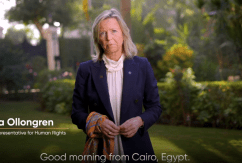








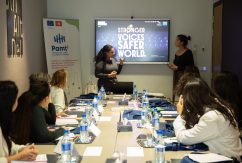
















 Syria
Syria 